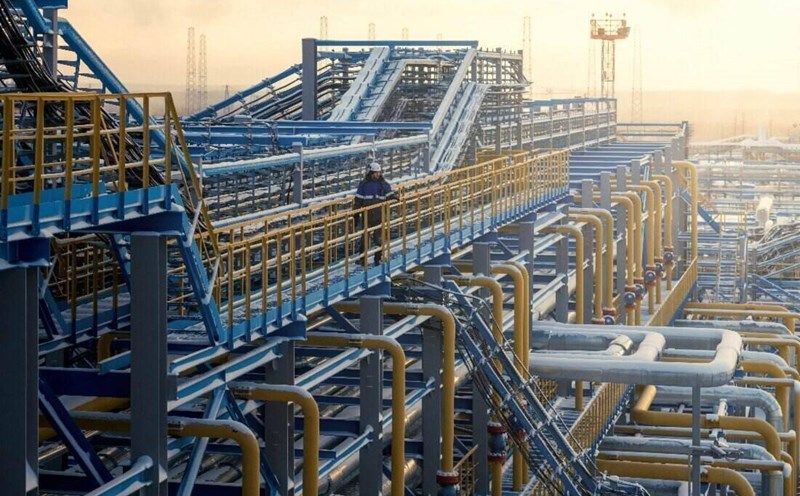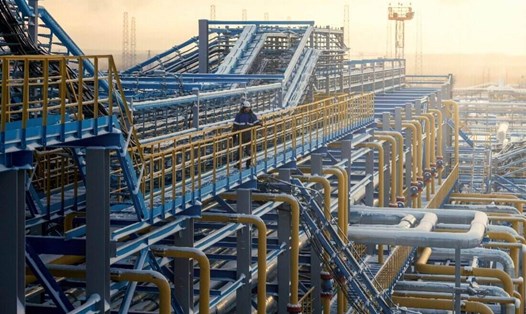Russia's largest Western bank Raiffeisen Bank International has set aside €840 million to cover the fees imposed in Russia, Reuters reported.
This decision affects the financial results of Raiffeisen Bank International last year. Raiffeisen Bank International's revenue last year was already affected by the loss of 824 million euros when selling the bank in Belarus. Raiffeisen's annual consolidated profit in 2024 has fallen more than 50% to 1.15 billion euros.
The loss of nearly 1.7 billion euros highlights the risks in Raffeisen's business operations with Russia and former Soviet states - markets that have boosted Raffeisen's growth so far.
Last month, a Russian court ruled that Raiffeisen (RBI) must pay more than 2 billion euros in damages.
The case is considered one of the most influential legal judgments against a Western company operating in Russia, and one of the largest damages to date.
Although Raiffeisen learned about the incident last year, the terms of settlement were only released on February 4.
The legal dispute comes after Raiffeisen failed to reach a deal to release billions of dollars worth of frozen money in Russia.
In this case, Russian investment company Rasperia complained to the construction company Strabag, Strabag's Austrian shareholders and Raiffeisen's Russian branch.
Strabag is based in Vienna, Austria and is linked to Russian businessman Oleg deripaska.
It is known that Raiffeisen is looking to buy Rasperia's shares in Strabag.
Meanwhile, the US identified Rasperia as a group of Russian companies controlled by Mr. Oleg deripaska and imposed sanctions on a number of related individuals.
For his part, Mr. deripaska always insists that he has no connection with the company that is in dispute with Raiffeisen.
A source familiar with the matter told Reuters that Raiffeisen has about 6 billion euros ($6.29 billion) in Russia. This is a source of income from international payments and billions of euros in Russian deposits.
Nearly 3 years after the Russia-Ukraine conflict broke out, Raiffeisen Bank is still actively operating in Russia. This stems from its long-standing role as a financial transaction hub for Vienna and former Soviet states.
This situation also puts Raiffeisen and Austria on the front lines of US global efforts to isolate Russia by tightening banking sanctions and blocking access to Western goods after the conflict in Ukraine broke out.
According to Reuters, Raiffeisen - including many affiliated units, with 44,000 employees, with more than 18 million customers spread across Vienna to Moscow - has become a financial anchor for Austria and most of Eastern Europe.
Raiffeisen has repeatedly said it wants to separate its business in Russia, but nearly three years after the conflict in Ukraine, the situation has not changed much.











